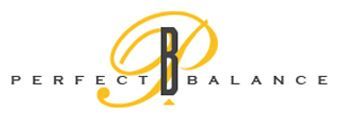Don't Get Tricked by Tax Myths This Year
Sue Schnitz
With the spooky season upon us, it's important to avoid the tricks and traps that accompany bad tax advice. Business owners often face confusion when trying to navigate ever-changing tax laws. This blog will debunk some common tax myths, helping you keep your business on track and free from penalties.
Myth #1: Bank Statements Alone Prove Business Expenses
Although bank statements show transactions, they don't detail what you purchased or why it qualifies as a business expense. Ensuring you have detailed receipts is crucial, especially for travel or meal expenses.
Myth #2: Filing an Extension Also Extends Your Payment Deadline
Beware, an extension only postpones the filing of your return, not the payment of taxes. Any unpaid taxes by April 15th may result in penalties and interest.
Myth #3: Classifying Employees as Contractors Avoids Payroll Taxes
The classification of workers depends on the degree of control and conditions. Misclassifying employees can lead to significant penalties, so it's critical to get it right.
Myth #4: Small Businesses Are Safe from Audits
No business is too small to avoid an IRS audit. High deductions and unusual transactions can increase audit risk, so maintain meticulous records.
Myth #5: Anything Can Be a Business Expense
Only ordinary and necessary expenses qualify as deductions. Attempting to write off personal expenses, like vacations, will not hold up under IRS scrutiny.
Understanding these tax truths can significantly reduce stress and help in avoiding costly mistakes. Always question the tax tips you receive and seek professional guidance if uncertain. Consider reaching out for a tax check-in to ensure you're on the right track and avoiding common pitfalls.

